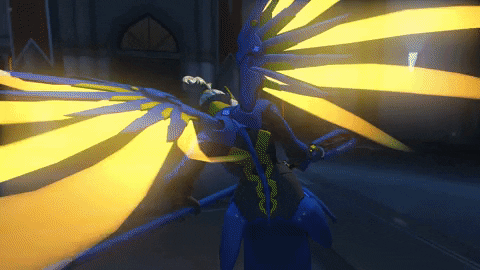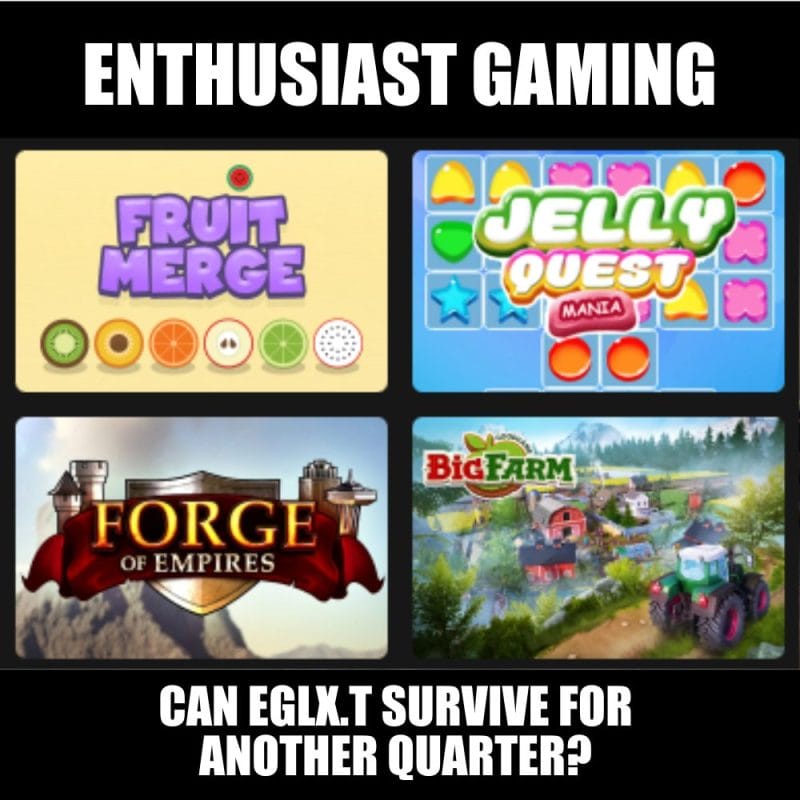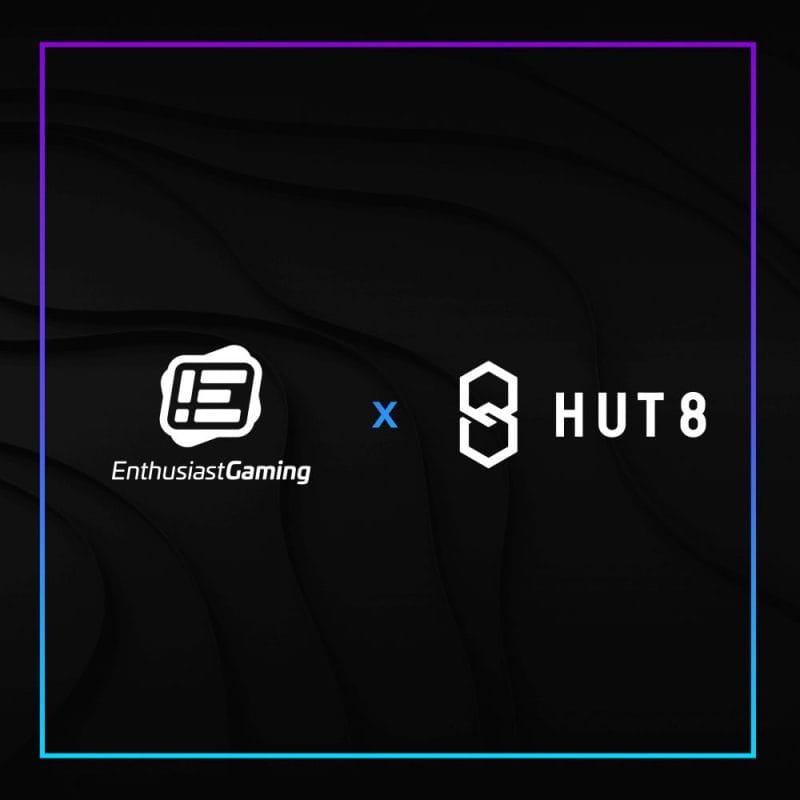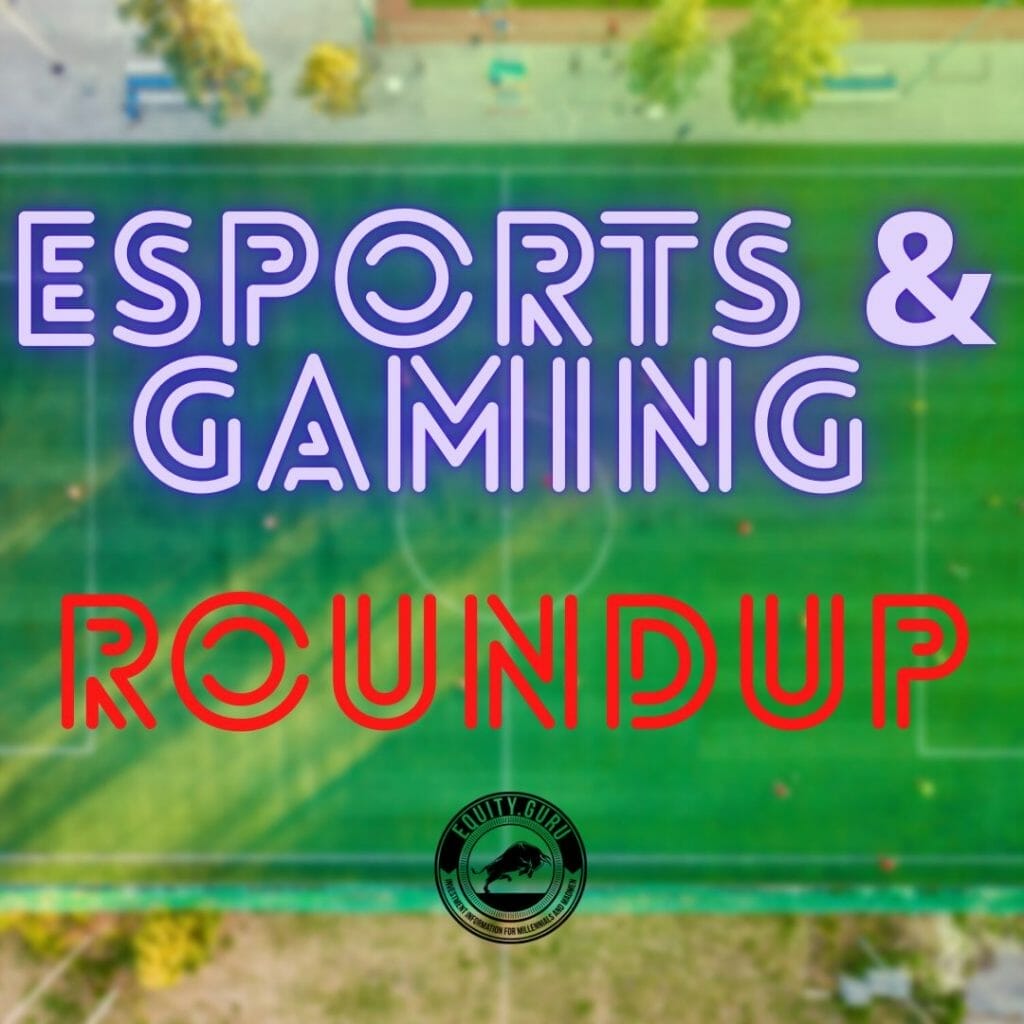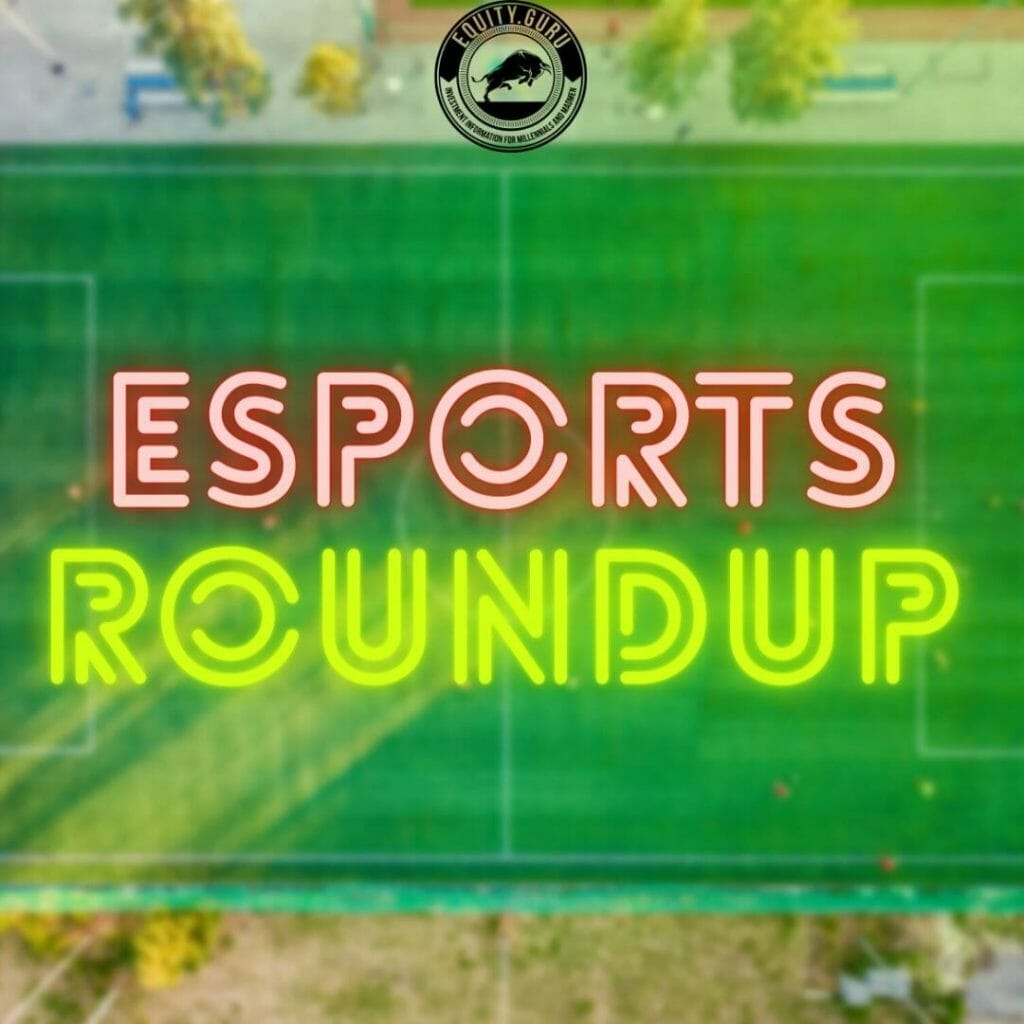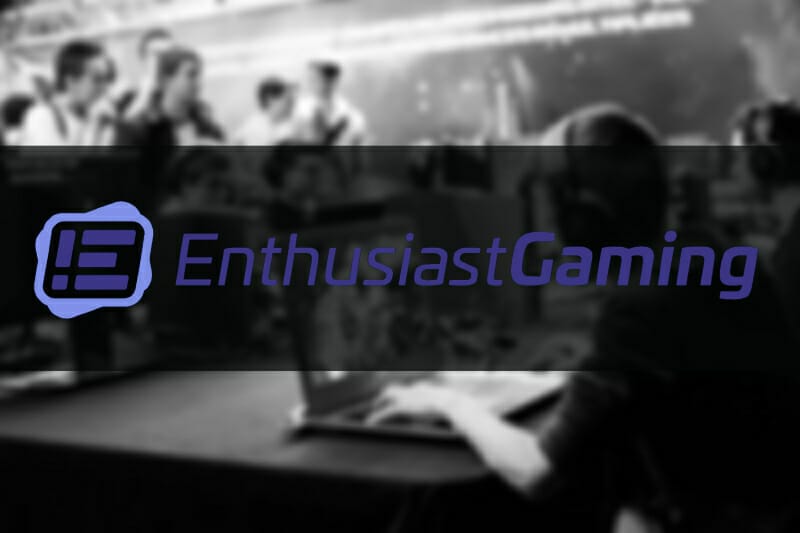If you bought into Enthusiast Gaming (EGLX.V) because they have a connection to the Vancouver Titans Overwatch League team, congratulations on their winning season, where they came runner-up in the finals against the San Francisco Shock.
The Titans came into the final with a 25-3 record, which isn’t horrible, but wasn’t enough to take it home.
The highlights are below, though if you’ve no idea what Overwatch is, it’ll likely send you into epileptic seizures.
Skip to 11:00 to see the scope of the event and the final minute of play.
Now, my kid watched this thing from start to finish, yakking to his friends on Discord the whole way, and the group of them made more noise hollering in support of their favoured team than I’ve ever seen teens respond to any sporting event.
Also, apparently my kid swears a LOT when he’s happy. Side note.
So good job Vancouver in getting that far and good job Overwatch League for putting on an event that got network TV coverage and millions watching on stream.
The last 7 months were an incredible experience in the @overwatchleague .We came as rookies, but end the year as Grand Finalists. Thank you to all the fans who cheered for us and will continue to do so!
We can’t wait to be with you next year at Rogers Arena! #ForceOfNature pic.twitter.com/UGm2n688q1
— Vancouver Titans (@VancouverTitans) September 29, 2019
But.
When it comes right down to it, the only public company involved in the finals made not a lot of money on being there. In fact, their share price fell after the event.
For getting to the finals and coming second out of 20 teams, the Enthusiast Gaming-managed Titans took home $600k in prize money. It cost some $30m to get the rights to run the team in the first place and the players on the roster earn a minimum of $50k each per season, with a 50% winning split mandated by the league.
So, the Titans, even if you take out the cost of the franchise purchase, and the housing, travel, and other associated costs with hosting a team of South Korean kids in Vancouver, spent around $500k in player salaries (minimum) to bring home $300k in prizes coming 2nd.
Imagine if they came 4th…
“But sponsors!”, I hear you say.
Sure. There are none to be found on the Titans website.
“But… Merch?“ I hear you unconfidently splutter.
Sure, there’s merch. And viewing parties at Rogers Arena.
And when the Titans actually play home games at that venue there’s going to be a return on the investment through bums on seats, absolutely.
Doors open in 10 minutes for the @VancouverTitans Grand Finals Watch Party and the line already is headed down Georgia St! @thesportsbar_ra will be hyped! #ForceOfNature #TitansFighting #OWL2019 pic.twitter.com/dFUxMFlGZY
— Ready Set Pwn (@readysetpwn) September 29, 2019
But not the sort of return that speaks to $100m valuations. Not by itself.
Meanwhile, The Shock, which won the Overwatch League final, took home $1.3m for doing so. They’re owned by NRG, which has accrued $4m in prize money across nine different e-sports to June of this year, as one of the most successful e-sports groups out there.
If that doesn’t sound like a lot of money, yeah.. it’s not.
So how does NRG stay competitive? Because it’s owned by the co-owners of the Sacramento Kings, and celebrities Shaquille O’Neal, Ryan Howard, Jimmy Rollins, Alex Rodriguez, Tiesto, Jennifer Lopez, Michael Strahan, Marshawn Lynch..
To be clear, these folks aren’t invested in NRG to make a big return today, or tomorrow, and maybe not even for a few years. They’re just camped out for market share. Wherever e-sports goes in the future, NRG will be there, and presumably there will be a big payday.. somewhere.
Luminosity, which is Enthusiast’s e-sports team arm, and which manages the Titans for Vancouver Canucks owner and major stakeholder Francesco Aquilini, will also be there. They recently announced they’ve taken an interest in the Seattle team of the upcoming Call of Duty League. Growth is good.
Luminosity runs seven teams currently and if you’re buying Enthusiast because you think that’s going to be profitable, top tip: It won’t be. It isn’t. I mean, it’s fine, but once again we’re not looking at the ‘big deal’ when we look at e-sports teams. Tournament’s are small potatoes – the tip of the spear.
Where the money comes, and quite frankly where the sponsors come in, is in the other stuff Enthusiast does.
“The Company’s digital platform includes +100 gaming related websites and 900 YouTube channels which collectively reach 150 million visitors monthly.”
That sound you hear is a cash register going ka-ching.
There’s no money in e-sports teams proper, which is why they tend to be owned by billionaire major league sports owners and millionaire former major league sports athletes, who aren’t hung up on getting a return on their investment this year or next.
But when those teams are part of a larger ‘media company’, they very quickly find money in a variety of corners.
The WWE is a part owner in the giant Cloud 9 organization, which runs teams in 11 leagues. They bought in along with Silicon Valley VCs, a host of athletes, and Hollywood agents, in series A funding rounds two years ago that raised tens of millions of dollars.
To run that many teams, and to be able to start new teams as new games emerge, Cloud 9 employs physical therapists, sports psychologists, team managers, and general managers. They also have an ‘academy program’ for what you’d call minor league talent, to keep their rosters strong when the inevitable dropouts and personality dramas that come with employing teenagers happen.
“Brad got a girlfriend, he’s retiring, guys.”
Beyond that, they have content producers that help their athletes and streamers with their Youtube channels and Twitch streams, and (this is important) with community building, which is where the real money comes in.
Cloud 9 has the sponsor thing down. A literal lineup of A-grade big name multinational corporations works with them, precisely because they are huge, because they are corporate, and because they have created huge communities that can be monetized.
[contextly_sidebar id=”XOgFZeaHRkFwoiWDzhleAXQPIOHLvhRw”]Enthusiast Gaming has the largest of those content and community creation groups. When they want to steer eyeballs to a sponsor, they just put the word out among their hundreds of content creators and that triggers a connection with their 200 million monthly viewers, 80+ gamer-related websites, and over a billion ad requests per month, that delivers the kind of impact an AT&T or Microsoft can use.
THAT is where the money is made in e-sports: not in the tournaments, but in the recap videos and tutorials and messageboards, and blog posts, and daily streams, and the continual iterations of the same messages and logos, again and again, from platform to platform.
To be clear, the real ‘e-sports’ that you’re all looking to invest in isn’t e-sports at all. You’re actually interested in content.
You want the enthusiasts of The Sims who go to their favourite Sims information portal and yammer on about it all night, and the Overwatch League fan in my living room watching a video about how to make most use out of McCree on the Junkertown map, and me watching Scrubkilla streaming himself smurfing Rocket League noobs, or putting off actual paid work so I can watch another episode of Zero Punctuation, on the Enthusiast-owned Escapist Magazine.
The money is in the fanbases, and the hours we spend mocking weebs and memeing furrys in front of G-Fuel ads and sneakily placed background Red Bull fridges, subbing to channels to get past the endless Amazon Video ads and All State Insurance shorts and ‘who the hell thought this was a good idea’ Bud Lite e-sports recap shows.
To win at ‘e-sports’ in the public markets means understanding the actual tournaments are just eyeball bait, that come and go quickly while daily streams and YouTube VODs built around them live on forever.
At $100m in market cap, Enthusiast Gaming isn’t a must-buy. Truth be told, it came out too hot, overpriced itself, and a market that REALLY WANTS IN, just isn’t biting right now.
But it will. That cap will make sense soon, and if competitors want to roll up alongside EGLX, they’re going to need to start showing they have designs on building something truly big, not just existing in the space.
Being in the same room isn’t enough. Get big or get out.
— Chris Parry
FULL DISCLOSURE: No commercial connection to any company mentioned in this article. The author has the company on his watchlist and may buy on dips.

